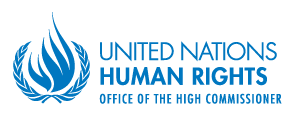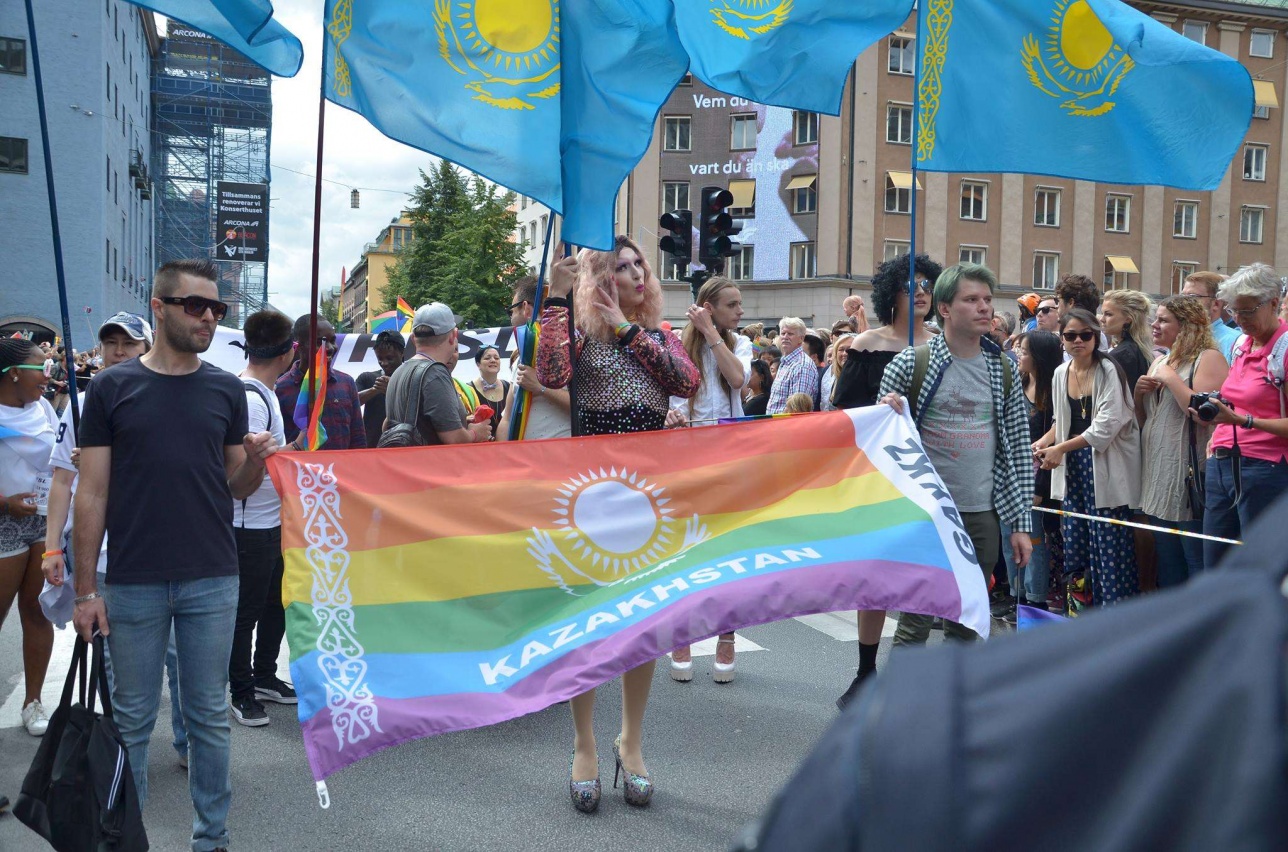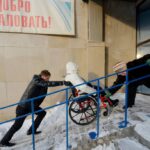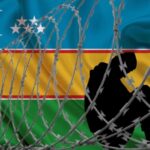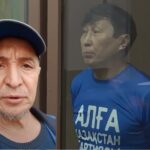GENEVA (25 June 2019) — Victims of torture have a right to redress, including compensation and rehabilitation, the UN anti-torture mechanisms* said today ahead of the International Day in Support of Victims of Torture, June 26. These mechanisms exist to help ensure justice is done and rehabilitation provided, they said, emphasizing that victims should be at the centre of the process.
“Timely identification and documentation of the physical and mental signs of torture is essential for securing the evidence necessary for investigation and prosecution and, ultimately, for obtaining justice in a court of law,” stated Nils Melzer, the UN Special Rapporteur on Torture.
The Manual on the Effective Investigation and Documentation of Torture and Other Cruel, Inhuman or Degrading Treatment or Punishment assists competent authorities in ensuring that investigations are prompt, impartial, independent and thorough. The manual, known as the ‘Istanbul Protocol’, was drafted in 1999 and is being updated under the auspices of the four United Nations anti-torture mechanisms, leading civil society organizations and with the support of the United Nations Human Rights Office. It is expected to be published in 2020.
“The consistent application of the Protocol, including as a standard for investigation, is of paramount importance. A complaint over alleged torture may be superficially processed and rejected by authorities, but when the Protocol is complied with, added medical findings may provide critical evidence of the torture allegation and ensure justice to victims,” said Jens Modvig, Chairperson of the Committee against Torture.
The Manual provides guidance to medical, legal and other professionals who may encounter torture victims. The manual gives practical guidance concerning how to detect torture, even when scars are not visible, and how to interview survivors suffering trauma, in order to avoid further harm.
“The Istanbul Protocol helps early identification of victims, documentation of trauma and assessment of needs, so that health professionals, social workers, legal professionals and other service-providers can provide prompt and tailored care. Such holistic services can help a person function again in society and even flourish,” noted Mikolaj Pietrzak, Chairperson of the Voluntary Fund for Victims of Torture.
“The effective implementation of the Istanbul Protocol is vital to the prevention of torture. Ensuring that torture is identified and properly documented is essential if appropriate preventive measures are to be put in place. Its significance as a tool of prevention cannot be overstated”, emphasized Sir Malcom Evans, Chairperson of the Subcommittee on the Prevention of Torture.
* The UN Subcommittee on Prevention of Torture, the UN Committee against Torture, the UN Special Rapporteur on Torture and other cruel, inhuman or degrading treatment or punishment, and the Board of Trustees of the UN Voluntary Fund for Victims of Torture.


